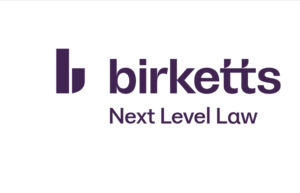Inheritance Tax revenues exceed the £5 billion mark – and are set to rise

In 2018, HMRC yielded £5.2billion of taxpayer’s money from Inheritance Tax (IHT) alone – a staggering £400million more than the year before – and this figure is expected to rise to £6.5billion this year.
But what is IHT, and who is affected?
IHT is a tax on the estate of someone who has died or it can apply to some trust arrangements. It affects taxpayers whose estates exceed the £325,000 threshold. There are several exemptions and reliefs available particularly for transfers between spouses and civil partners and for assets that qualify as a business or are agricultural property.
IHT is a concern for a growing number of people. In recent years, soaring property prices and rises on the stock market have inflated many people’s wealth. The increases in the nil rate band for IHT have not kept pace with these increases. HMRC have also adopted a much more aggressive approach to tax avoidance schemes and have stepped up routine enquiries into estates and IHT returns to increase revenues, meaning Inheritance Tax is affecting more people than ever.
The rules governing the tax are also very complicated, sometimes meaning taxpayers inadvertently underpay, leading to hefty fines. Conversely some taxpayers are unaware of some of the reliefs that might be available for them and do not claim them correctly.
Smith Cooper Partner, Catherine Desmond, specialises in IHT planning and has been assisting clients, particularly those with diverse estates and unique requirements, for over 20 years.




